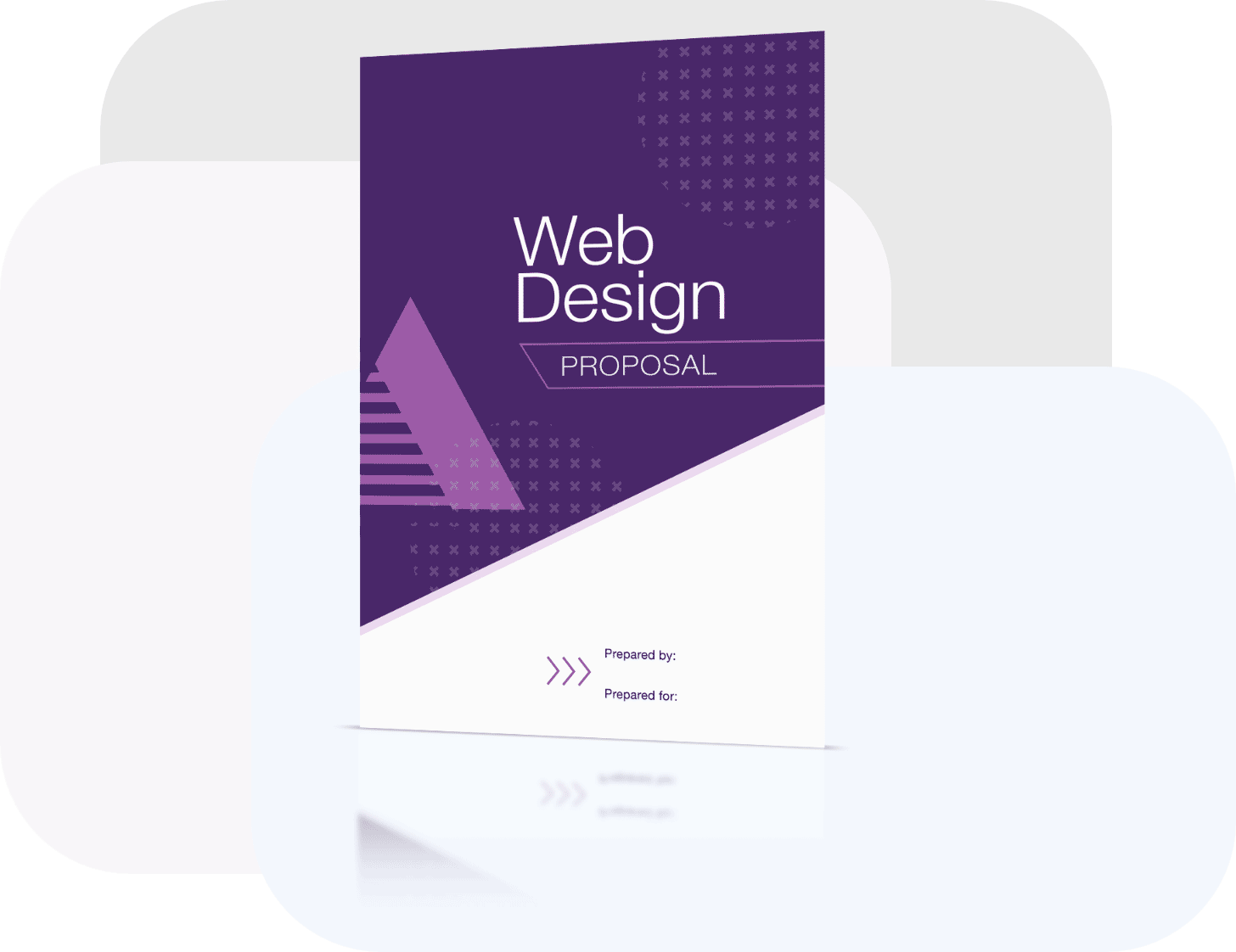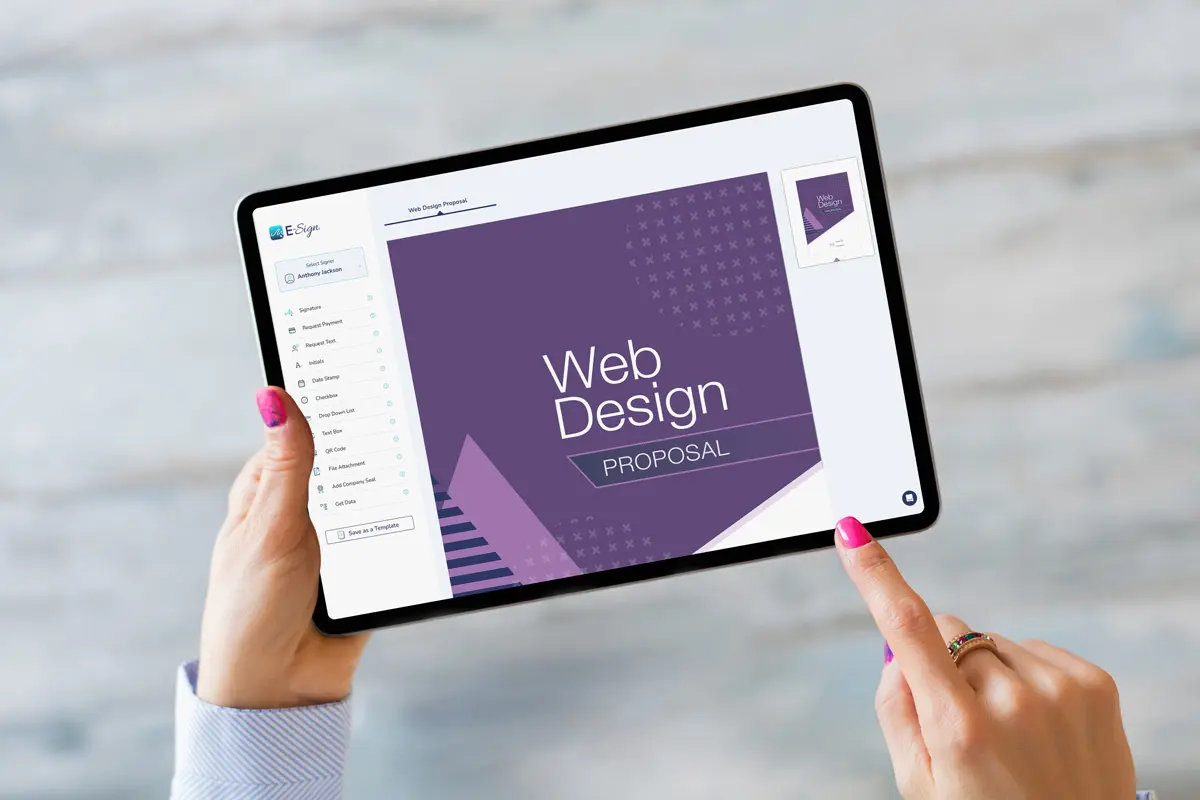Web Design Proposal
Free customisable document that outlines the terms and conditions for a client to engage a web design consultant or firm for specialised website development and design services.
Free customisable document that outlines the terms and conditions for a client to engage a web design consultant or firm for specialised website development and design services.
Using a well-crafted web design proposal template helps streamline the proposal creation process, providing a solid foundation for clear, professional, and successful website development engagements.

A web design proposal is a formal document that outlines the scope, objectives, timeline, and costs of a website development project. It serves as an agreement between the client and the web design agency or freelancer, detailing the services provided and the expectations of both parties.
A typical web design proposal includes sections like an introduction, project overview, design process, timeline, cost breakdown, and payment terms. It may also cover additional aspects such as SEO, content management systems (CMS), and post-launch support.
While a web design proposal serves as a starting point for a project agreement, it becomes legally binding only once both parties sign the contract or agreement based on the proposal. It’s essential to clearly define terms, deliverables, and timelines to ensure mutual understanding.
Using a web design proposal template helps ensure your proposal is professional, comprehensive, and easy to understand. It saves time by providing a pre-structured format, allowing you to focus on tailoring the content to your specific project needs while maintaining consistency.
A web design proposal template is fully customisable. You can adjust sections to fit the unique requirements of your project, such as the specific design features, technology stack, and functionality needed for the website. This ensures the proposal reflects your client’s goals and expectations.
To present a web design proposal effectively, you should first discuss the client’s needs and goals. Then, present the proposal in a clear and organised manner, either through a formal document or a presentation. Be ready to answer any questions and make adjustments based on client feedback before finalising the agreement.
If you’d like to send this template for signature, you can do this by following the below steps:
Our free trial doesn’t require any card details and cancels automatically after 14 days. If you’d like to sign up for a paid subscription, this can be done in your account settings. View our pricing plans here.

A well-crafted web design proposal is key to securing clients and ensuring project success. By using a customisable template, you can save time and effort, ensuring all key details—such as scope, deliverables, timelines, and costs—are clearly outlined.
With a professional and organised proposal, you set the foundation for a positive client relationship and successful project outcome.

Our web design proposal template is fully customisable, allowing you to tailor it to meet the unique needs of each client and project. Whether you’re offering a simple website redesign or a complex, multi-functional web platform, you can adjust the template to highlight specific services, design processes, and technologies used.
Personalise every aspect for a proposal that reflects your expertise and aligns with client expectations.

A clear, well-detailed web design proposal builds trust with clients by outlining the scope of work, expected deliverables, and timelines. Transparency in your proposal helps set clear expectations, reduce misunderstandings, and ensure both parties are aligned from the start.
This open approach is crucial in establishing long-term relationships and delivering high-quality web design projects on time and within budget.


A ready-made template allows you to quickly create a professional agreement without starting from scratch, saving valuable time.

Using a free template eliminates the need to hire a legal expert to draft a contract, reducing costs.

Templates are fully editable, allowing you to tailor the agreement to fit the specific needs and requirements of your project or client.

A well-drafted template includes essential legal terms and conditions, helping to protect both parties and minimise potential disputes.

Using a standardised template ensures consistency in your agreements, making it easier to manage multiple contracts and maintain a professional approach.

Templates are designed to include necessary compliance elements, ensuring your contracts adhere to relevant laws and regulations.